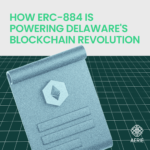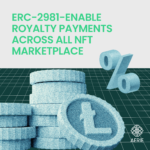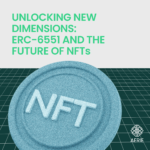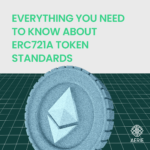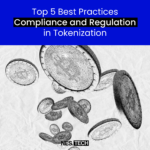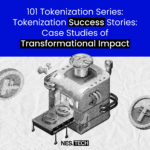Why Are Businesses Turning to Blockchain for Traffic Insights?
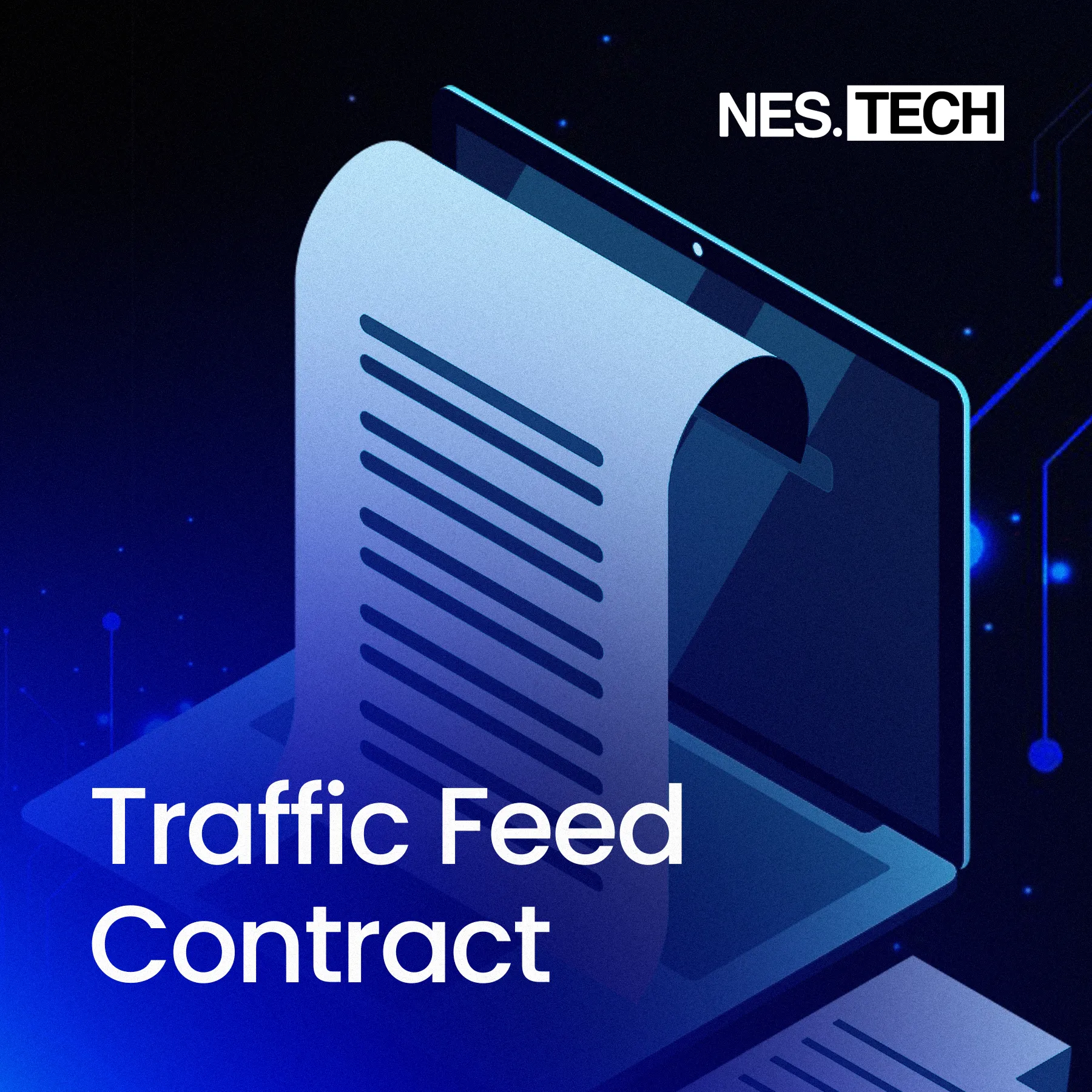
Technology is always moving forward, and businesses are constantly on the lookout for the next big thing that can make their work easier, safer, and more reliable. Well, everyone knows AI (mainly ChatGPT) is taking the lead on this one, and that’s because it’s very easy to integrate into our work. But another game-changer in recent times has been blockchain technology.
Now, you might have heard of blockchain mainly in the context of cryptocurrencies, but it’s so much more than that. The essence of blockchain is that it’s a record-keeping system that’s incredibly difficult to tamper with. But here’s where it gets really interesting — beyond just being a secure way to store data, blockchain has these tools called smart contracts and oracles that are truly transformative.
Today, we’re going to explore a specific use of Traffic Feed Contract. It’s something that could make a significant difference for businesses and organizations, and we’re excited to break it down for you.
What is an Oracle?
Think of an oracle as a kind of bridge that connects the blockchain world to the outside world. You’ve probably heard of smart contracts, right? They’re basically contracts that execute themselves based on their programming. But there’s a catch: they can only operate within the blockchain and can’t reach out for external information.
This is where oracles step in. Think of them as messengers delivering real-world and real-time info to these smart contracts, helping them make decisions based on what’s happening outside the blockchain.
To give you an example, oracles are widely used in decentralized finance (a.k.a. DeFi). Imagine you’re using a smart contract for a loan that adjusts interest rates based on real-world market conditions. Without an oracle, the contract would be in the dark. But with an oracle, it can fetch current market data, like interest rates, from outside the blockchain. This way, the contract automatically adjusts your loan’s interest rate, keeping things fair and up-to-date.
Now, for a different scenario. Think about a supply chain. A smart contract might be set up to release payment once goods are delivered. But how does the contract know when that happens? That’s where an oracle comes in. It can provide information from shipping trackers or delivery systems, confirming that the goods have arrived. Once this info is fed to the smart contract, voila, it triggers the payment. This way, oracles help ensure a seamless and trustworthy transaction in the supply chain, all automated and secure.
So What is Traffic Feed Contract?
The Traffic Feed Contract is a specialized form of oracle that focuses on delivering real-time traffic data to smart contracts. Picture it as a specialized helper for smart contracts, but with a focus on traffic — as in, road traffic. It operates as a mediator between external traffic data sources and the smart contracts on a blockchain platform.
This Traffic Feed Contract grabs real-time traffic information from various sources and then feeds it to smart contracts on a blockchain platform. Once it gets this data, it can update its records and even kick off certain actions if certain conditions are met.
For instance, imagine a logistic company that needs to make deliveries on time. Well, all logistic companies need to make deliveries on time. Using a Traffic Feed Contract, the company’s blockchain system can receive real-time traffic updates. So, if there’s a big jam on the usual route, the smart contract gets this info and can immediately suggest a different route or update the expected delivery time. All these decisions are recorded on the blockchain, clear and transparent for everyone involved.
And Where Can These Traffic Feed Contracts Be Used?
Let’s explore where these Traffic Feed Contracts can really make a difference:
- Supply Chain Management: Companies can utilize Traffic Feed Contracts to optimize delivery routes, ensuring goods reach their destinations efficiently. If there’s an unexpected roadblock or traffic jam, this system quickly adjusts and chooses the most effective alternate route.
- Smart Cities: Municipalities can make use of this technology for traffic management, adjusting traffic lights or sending alerts to drivers based on real-time conditions. By using these contracts, city managers not only eases congestion but also contributes to a more sustainable urban environment.
- Ride-Sharing Platforms: Real-time traffic data can enhance ride estimations and pricing. For instance, if there’s heavy traffic on a specific route, the platform can suggest shared rides for that route, encouraging carpooling and reducing the number of vehicles.
- Insurance: Here’s where it gets really interesting. Auto insurance companies can use these contracts to peek into traffic conditions when accidents happen. This helps them understand claims better and make more accurate decisions.
Do we actually need blockchain for these?
So, you might be wondering: Why mix blockchain with Traffic Feed Contracts, especially for things like ride-sharing or insurance? I mean, can’t these platforms just use real-time traffic data without all this blockchain stuff?
The answer lies in the additional layers of benefits that blockchain integration can bring:
- Building Trust with Transparency: Blockchain’s core feature is its ability to provide a transparent and immutable record. In the ride-sharing game, this means any time the price changes or they suggest you share a ride due to traffic, you can actually check and see it’s because of real traffic issues. This level of openness boosts user trust, as customers can see that any changes in their ride conditions are based on real and unaltered traffic information.
- Data Security: In an era where data breaches are a constant worry, blockchain offers robust security features. Since insurance companies, ride-sharing platforms, and those mentioned above handle heaps of user data, incorporating blockchain helps in securely managing this information, safeguarding it against tampering and unauthorized access.
- Smart Contract Efficiency: The magic of blockchain-based smart contracts is in their ability to automate processes. This streamlines operations and make the system more dynamic and responsive to real-time conditions.
- Interoperability: As we head into a future where everything’s connected, blockchain enables secure and seamless data sharing. For ride-sharing, this might mean pulling together traffic data from various sources or even integrating with other urban services like parking and toll systems.
Traffic Feed Contract offers an innovative solution for businesses and organizations to harness real-time traffic data using blockchain technology. As our world gets more interconnected and cities grow, such innovations are key in making things run smoother and decisions sharper. For businesses looking to stay ahead, getting a handle on such blockchain applications could be a real advantage.

